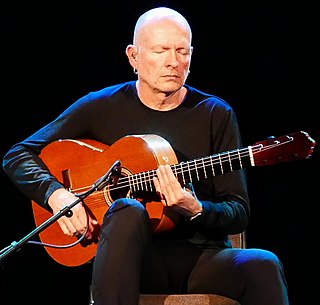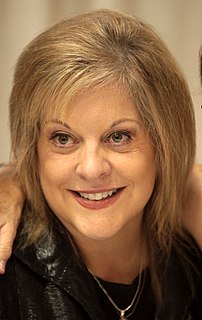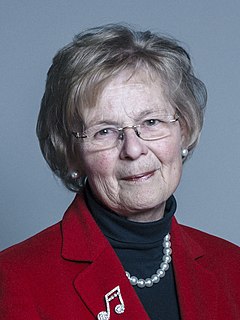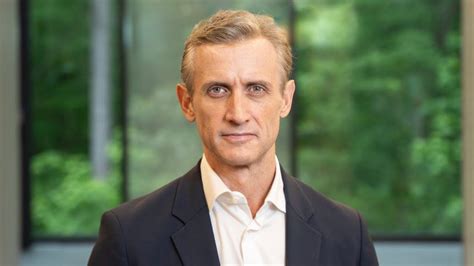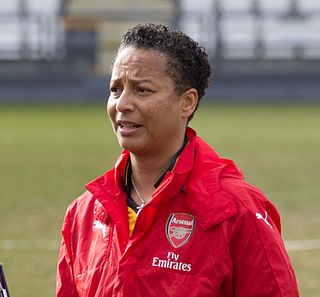A Quote by Jamaal Bowman
I was 11 years old when I was initially brutalized by the police, just for horse-playing with my friends and not responding to the police in the way they wanted me to.
Quote Topics
Related Quotes
There was a show in Germany called Beat Club, and they had a lot of bands playing live. And I had this master plan, at 11 years old, I wanted to play electric guitar, but I knew... We lived in a small apartment, there was no way that was going to happen. I told my parents I wanted a classical guitar and I wanted to start studying classical guitar. So then a few years later, I think around 16 or so, I started playing electric. But that was my, my plan as an 11 year old. I thought I was so crafty.
The police have enough work to keep them busy regulating automobile traffic, preventing robberies and crimes of violence and helping lost children and little old ladies find their way home. As long as the police confine themselves to such activities they are respected friends of the public. But as soon as they begin inquiring into people's private morals, they become nothing more than armed clergymen.
I met a retired police detective. And he said to me that the interesting thing about heatwaves, from a police perspective, is that the number of people who just walk out of their lives when the weather gets unbearable is astronomic. He said the police prepare themselves for it - for a huge rise in the instances of missing persons. People choose to disappear when it's hot. It was fascinating.
Many White people are not sensitive to the kind of abuse that African Americans, especially younger African Americans, receive at the hands of police officers and police departments. I think for most Whites their experience with the police has been good or neutral because they don't interact with the police as much as those in the Black community.
I have a letter from a police inspector, retired after some 30 years in rural Derbyshire, alerting me to the potential impact of a total ban on hunting on relationships between the police and the community in rural areas - a particularly significant consideration in current circumstances. Is it, I ask myself, sensible to divert valuable police time to enforce a ban on hunting when they are under so much pressure from violent crime?

